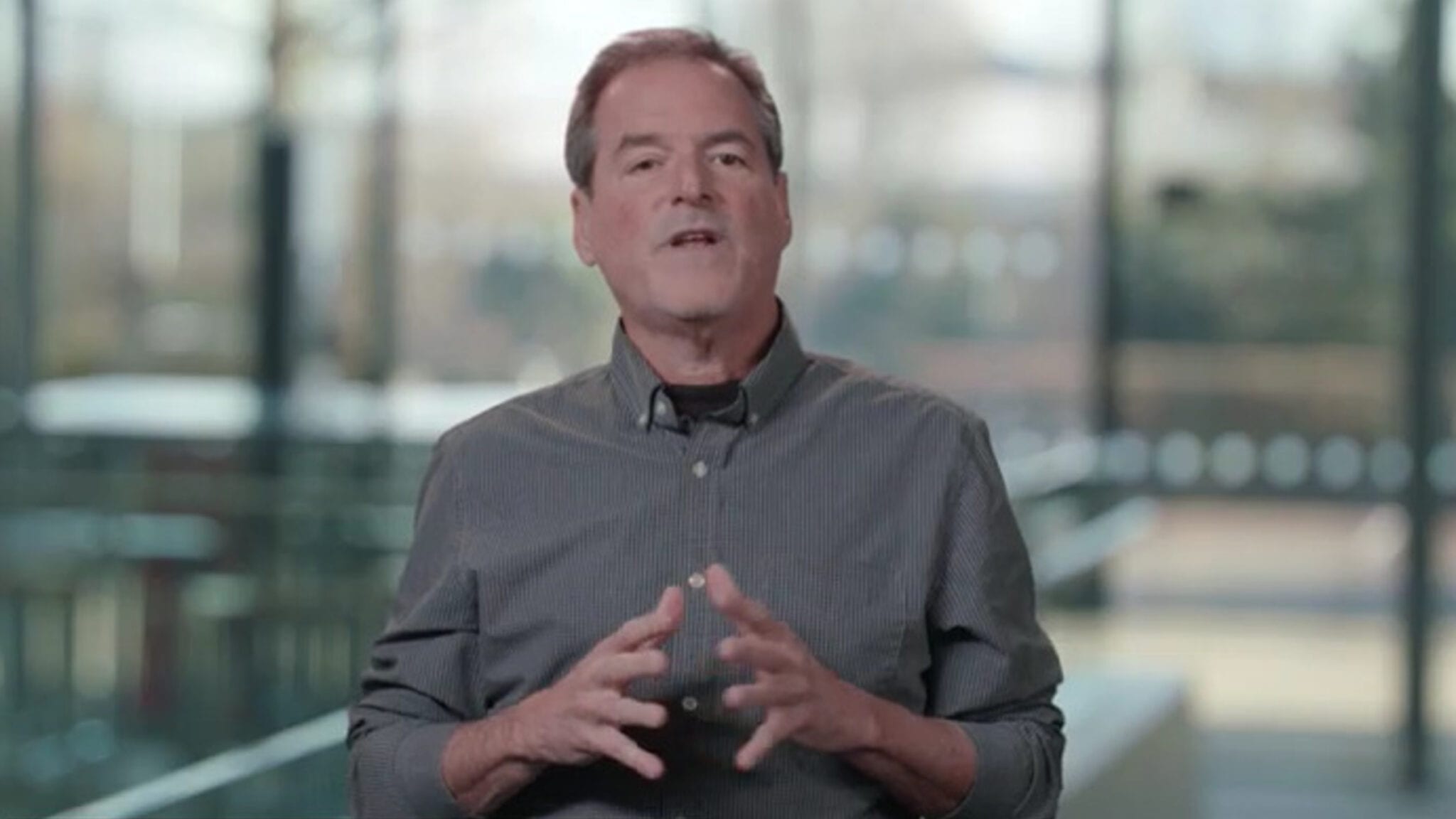
Year-end earnings show turbulent times for Hal Barron's GlaxoSmithKline turnaround
Hal Barron and Emma Walmsley’s big GlaxoSmithKline pivot may ultimately prove successful, delivering blockbusters in cancer, auto-immune conditions and infectious disease. But the path to get there is already looking rocky.
GSK announced their year-end earnings Wednesday morning, revealing that they had cut two more pipeline candidates after they failed in early stage trials and disappointing investors with news that profits had fallen and earnings per share would decline by mid to high single digits.
Unlock this article instantly by becoming a free subscriber.
You’ll get access to free articles each month, plus you can customize what newsletters get delivered to your inbox each week, including breaking news.